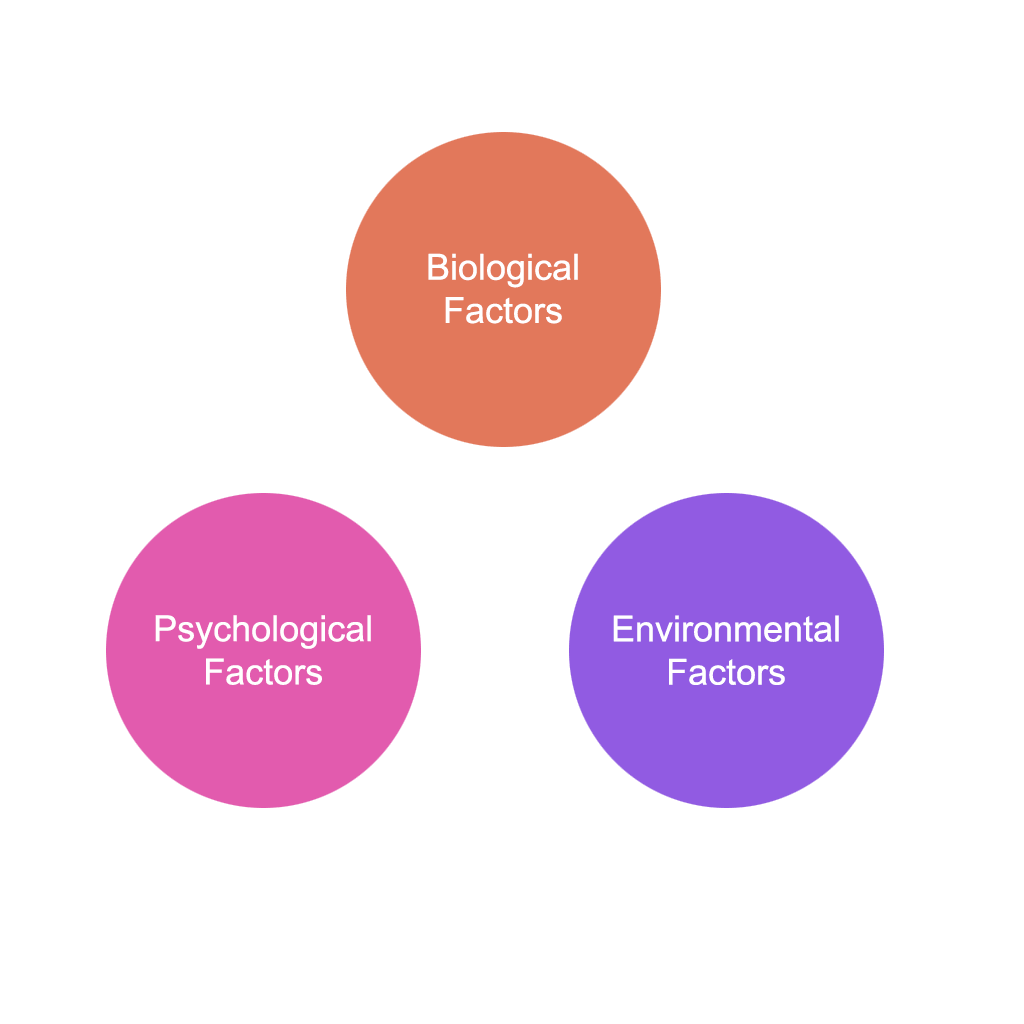How Goal Setting helps in Personality Development?
Goal Setting.
There is ample proof to substantiate the fact that success makes a person more realistic towards setting future goals in, life. He develops an understanding of his capacity and does not make unrealistic demands of himself. Well-adjusted, intelligent people have such a stable behaviour pattern than those who find adjustment in life difficult.
Successful people are given respect by others, getting prestige and acceptance by society which enhances their self-concept. But sometimes very high levels of achievement early in life may become a demotivating factor for an individual which is more harmful than good for a person’s personality. He may become sluggish in life, and other people may develop feelings of jealousy and resentment against the more successful people in less successful people associated with them.
Failure is a part of achievement. A person who experiences failure hurts his ego. The self-confidence and self-esteem of a person is adversely affected. The person develops a notion that he cannot achieve anything in life.
All goals seem out of reach and he starts lacking motivation. He develops a defeatist attitude. He remains so much in stress and anxiety that the person may develop psychosomatic illnesses like asthma, diabetes, etc.
The personality of the person is marked by poor personal and social adjustment and he always feels, inadequate. Failure affects a person adversely as he cannot do what he hoped to achieve and more so because his peers and colleagues have raced ahead of him and he has lagged behind. This adversely affects one’s self-concept.
On the other hand, if a person achieves success early in life, it tends to give him/her huge satisfaction and the person develops high self-concept. But too much success too early may be detrimental also because the person may become too egoistic and develop superiority complex. These feelings may affect a person’s capacity of personal and social adjustment.



